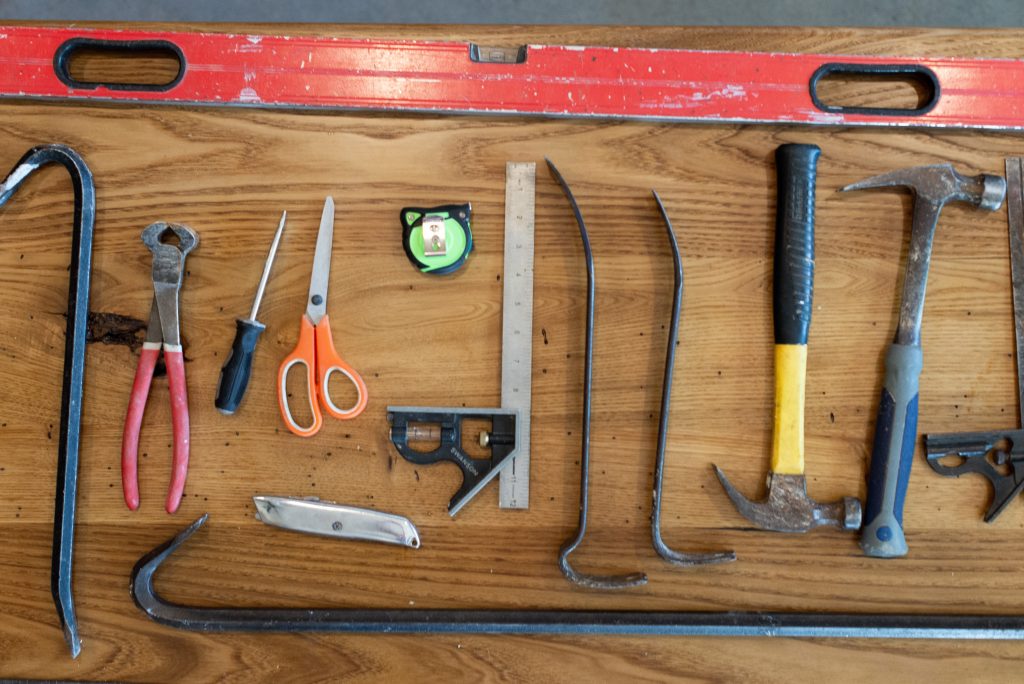Running a business is challenging, especially in today’s crowded and competitive market. You know you need to stand out from the crowd, acquire and keep customers, build a reputation, and of course, make a profit – these are what your strategic and tactical initiatives are about. But in an increasingly cluttered business environment, how do you do that?

It Don't Come Easy
There are lots of articles that tell you – just offer a quality product, superior service, free shipping, and market yourself! The cream rises to the top! If this were really true, then my world should be full of great products and fantastic services as companies scale to ever more lofty heights in pursuit of my custom. I’m not seeing that on the ground, are you? Let’s be real. It’s a sweet ideal, but driving your competition out of business by undercutting their prices and then increasing your own profitability by steadily reducing quality and service and wages because, without competition, you can, seems to be the more typical path to success. It’s called Walmartization, and we’ve witnessed it in every industry and every community.
A Real-Life Example
Let’s look at a real-life example of a business that got squeezed out of the market, a hardware store in a small town in Southeast Missouri, called Rice Hardware.
A young man who grew up in Campbell, MO served his time in the army, met and wooed the girl of his dreams, and worked at the local hardware store. His name was Lloyd, and he was a disciplined and ambitious fellow. He bought a farm, planted a peach orchard, saved his money, and bought the hardware store from the original owner. He threw himself into business ownership and expanded the store, adding appliances and even furniture to the original product mix. He hired delivery drivers and repair technicians to provide excellent customer service. The store, with its wide plank floors and tin ceiling and potbellied wood stove and bins of nails, was a community hub where folks would stop by to gossip, have a strong cup of coffee, and pick up the essentials for their home, garden, or business.
Lloyd loved being an entrepreneur, and Rice Hardware thrived. He also expanded into the local real estate market and bought several rental properties, including the historic Pol-Mac hotel. The family prospered, and life was good.
But in the 1980s, big box stores were making inroads in every market, including small, rural communities like Campbell. By 1990, Home Depot was selling hardware retail for cheaper than Lloyd could buy it wholesale. Locals still came to Rice Hardware, but it was mostly out of nostalgia and friendship – they did most of their shopping at the big chains because the prices were better and the selection was broader. In 1995, a fire in an adjoining building spread and burned Rice Hardware to the ground. It was the end of an era.
Lloyd did ALL OF THE THINGS that the pundits tell you to do. He offered high quality products, great service, knowledgeable staff, and a unique shopping experience. He had an established brand and the goodwill of the community. He provided ethical and passionate leadership. It still wasn’t enough.

Navigating the Challenges
So how do you keep your existing or new business from suffering the same fate as Rice Hardware? Here are a few ideas to consider.
Join a buying group – Independent retailers can combat the big box price advantage by joining cooperative buying groups like United Hardware or TRIB. Buying groups aggregate independent retailer spend to get better discounts and service from wholesalers and even to influence product design and development.
Become or open a franchise – Franchising allows entrepreneurs to operate under a larger, established brand and take advantage of economies of scale but still own and run their own business. Different franchises allow for varying levels of autonomy. Ace Hardware stores and many hotel and restaurant brands are franchises.
Be where the big guys aren’t – This is harder and harder to do in a world where conglomerates are gobbling up everything from farmland to medical practices. How do you avoid getting eaten alive? Some types of products and services just don’t lend themselves as readily to the “economies of scale” that big box companies seek. Think creatively. What does your community need? I met a guy in Austin who made a good living fixing dented bumpers. He was highly skilled and sought after, and he didn’t even need to advertise because his customers told all their friends.
Be willing to change – So your new or existing business is faltering. You see competition making inroads on your market. Don’t be so in love with your business concept that you can’t evolve, and quickly, if this happens. Could Rice Hardware have successfully pivoted to something else? Were some products or services still doing okay even as the rest of the business slowed to a crawl? Could that have been expanded upon? Tracking metrics and trends in your business will help you to see these possibilities before crisis hits.
Know when it’s time to walk away – No, this isn’t a Kenny Rogers song, but there’s wisdom in the gambler’s words. Lloyd lost almost everything when Rice Hardware failed. He loved his store and he loved being a business owner, but selling or closing the store before the business hit bottom would have saved him a lot of money and grief. Remember, just because a business fails doesn’t mean the entrepreneur has failed. You’ve learned and grown, and you can apply that to the next challenge you tackle.
No matter what kind of business you’re in, whether you’re selling tractor parts to farmers or software to financial institutions, having better information helps you make better decisions and stay ahead of the competition. If you are looking to use technology to help you understand your customers and identify trends in your business metrics, reach out to us! We’d love to help you achieve your goals.




